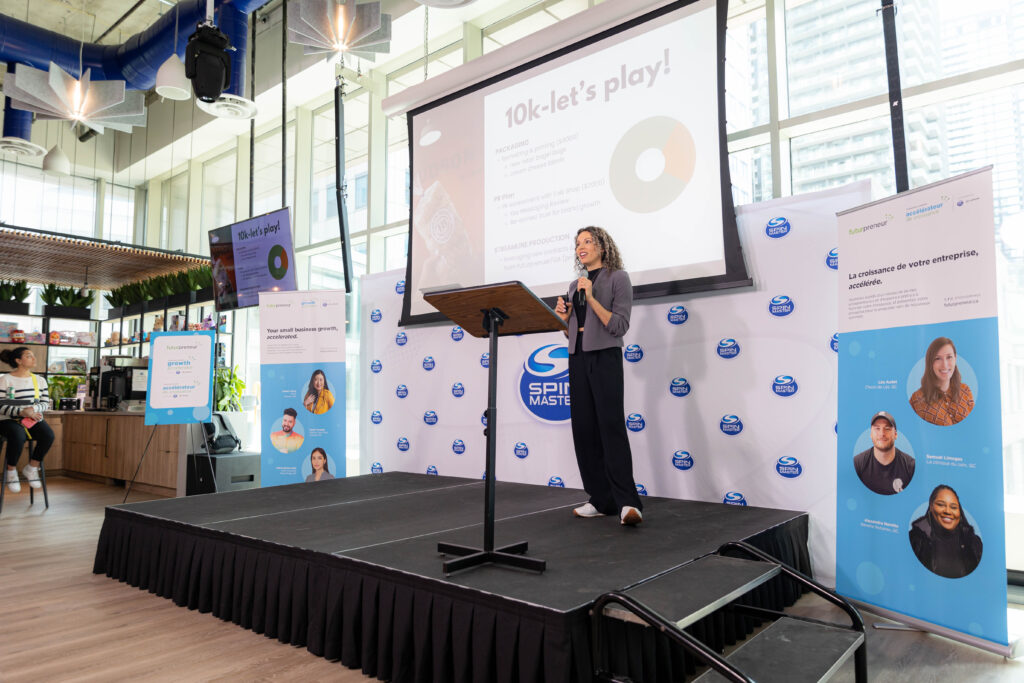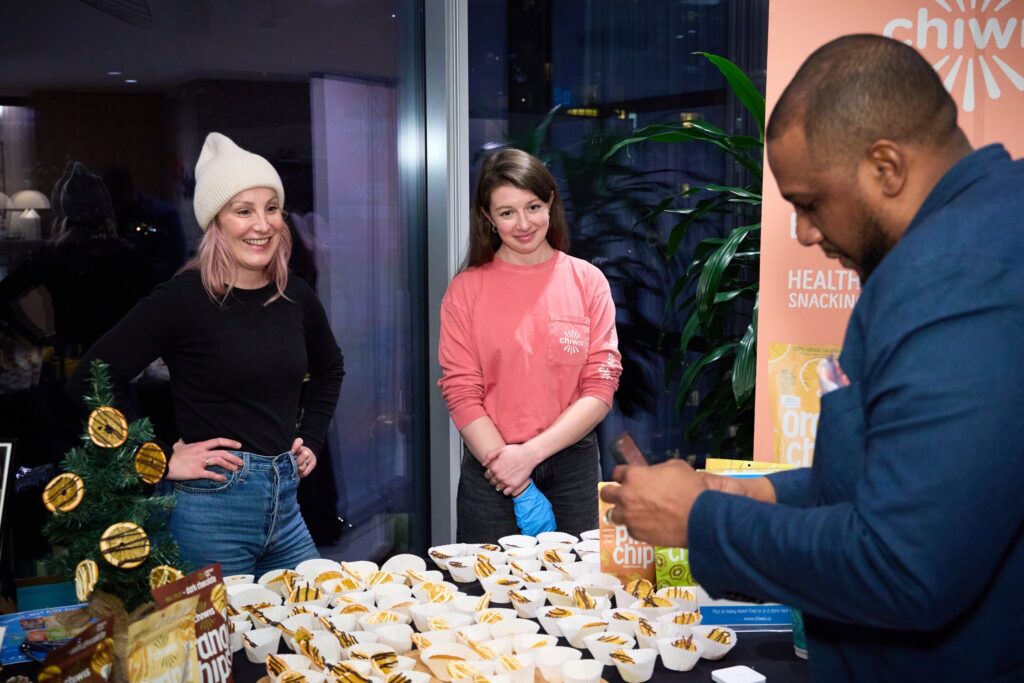
- Futurpreneur(s) and partners
Spotlight on FarmLead: Planting the Seeds for a Successful Business
When Brennan Turner turned to entrepreneurship as a career option, he used his extensive knowledge of farming to identify a gap in the agricultural market and to create a tool that would change how farmers buy and sell product. His secret weapons: firsthand knowledge of the farming business and extensive market research.
Having a business idea is often the first steps to becoming an entrepreneur, but identifying if your idea is start-up ready is likely the most important step. One of the biggest pieces of advice Futurpreneur Brennan Turner would give potential entrepreneurs is to understand and test their market as much as possible, rather than playing what he calls the “if you build it, they will come” game. That’s exactly what he did when starting his business, FarmLead.
Brennan is originally from small-town Saskatchewan, and before turning to entrepreneurship he worked on Wall Street and played professional hockey. He eventually decided to return back home to help manage his family’s farm business operations more efficiently and effectively.
While working on his family’s business, Brennan saw a gap in the market when it came to how farmers buy and sell products. “Farmers are at the center of a year-round cycle of buying crop inputs of seeds, chemicals and fertilizer, and then selling their production,” Brennan told Futurpreneur. He saw that the process farmers used for buying inputs and selling crops relied on phone calls and face-to-face meeting, which often resulted in biased negotiations, a struggle to find resources and a lot of frustration with an inefficient process. “Without a tool or process to optimize farm business, the reality is that farmers would continue to make deals that were likely not the best possible option,” Brennan explained.
This is where he came up with the idea of FarmLead, a free online marketplace that connects grains sellers with buyers. With the mobile application, users can buy grains, negotiate price and make a counter-offer, anytime, anywhere. Whether they are sellers or buyers, with FarmLead they are able to reach more potential buyers or sellers than if they were making deal by phone.
Brennan’s personal experience formed the basis for his research. He understood the process of buying and selling in the farming businesses, and what this means for farmers. “It’s a year-round, time consuming process that depends on many factors, including trying to get the best price, covering our risk, managing our cash, and adjusting for unknowns – namely weather, and international market effects.”
Brennan didn’t just rely on this experience, though, and also undertook intensive research that included market surveys of farmers and industry players, data analytics and general strategy development.
Understanding the market is also a daily component of running FarmLead. Brennen writes a grains market commentary called the Breakfast Brief on an almost daily basis, giving his perspective on the global grains market so that the farmers can get a big-picture view of what’s going on in their industry. His Breakfast Brief is clearly working – almost 7,000 farmers around the world read it every day.
The result of all his research and hard work? “We are currently the uncontested platform for farm ecommerce,” said Brennan. The company was also recently named one of Canada’s Top 15 Start-Ups, selected from a list of nationwide applicants representing Canada’s most promising technology start-up companies.
More research is in the plan for FarmLead to help meet their goals of expanding into new farm business verticals, new farm business support services, and new geographies. “We have a first-mover advantage right now and our goal is to maintain our position as the market leader through continuous innovation, superior user experience and customer support.”
Aside from helping him grown a successful business, Brennan knows his knowledge of the industry and research is paying off because FarmLead is helping farmers. “We’re helping producers find 3-5% more for their bottom line, equating to more dollars in their bank account and more residual business for small-town, rural communities, which have many businesses and entrepreneurs who are dependent on farmers.”
Written by: Meghan Paton, Manager, Public Relations and Social Media





